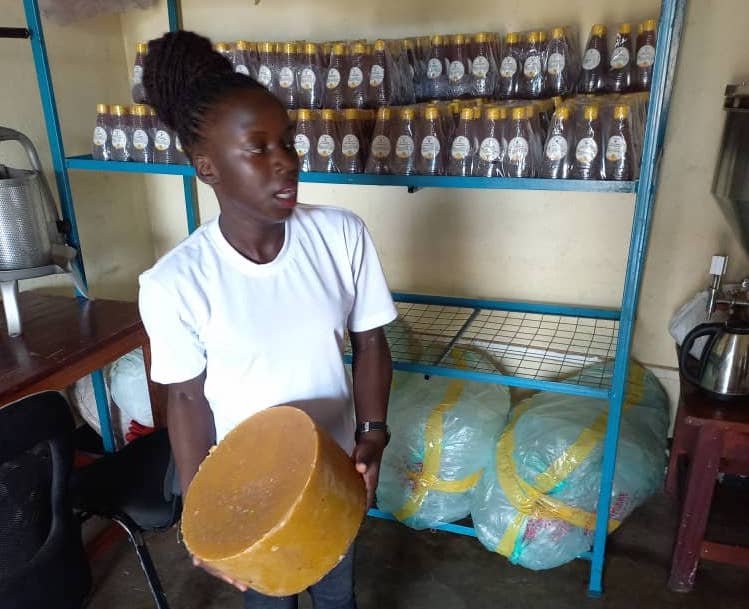Emmanuel Zamoi is one of the beekeepers who have found the processing plant operated by Hagana Agro-processing Co. Ltd useful in boosting their income. “Getting the market for honey was a big problem for us since there were no buyers,” the 46-year-old said on the phone from his home in Western Equatoria’s County of Maridi.
Zamoi owns an apiary with about 100 beehives. “I did not know I would sell my honey with all the combs for about 500 South Sudanese pounds (SSP). But now we are sure of a ready market, and prices are stable at around 800 SSP,” he said.
Honey is a natural alternative to refined sugar and an immune booster and builder. South Sudan’s potential in production and export of honey could rival Africa’s biggest producer, neighbouring Ethiopia.
Matata Safi, the chief executive of Hagana Agro-processing, said South Sudan has a conducive environment for honey production owing to its vast forest reserves, swamps and savanna which provide a home for bees to thrive and make honey.
Areas suitable for honey production include the Bahr el Ghazal, Lakes, Western Equatoria, Eastern Equatoria, Upper Nile and Unity states. But the traditional methods of beekeeping employed and massive displacement of communities due to insecurity have left the sector struggling.

